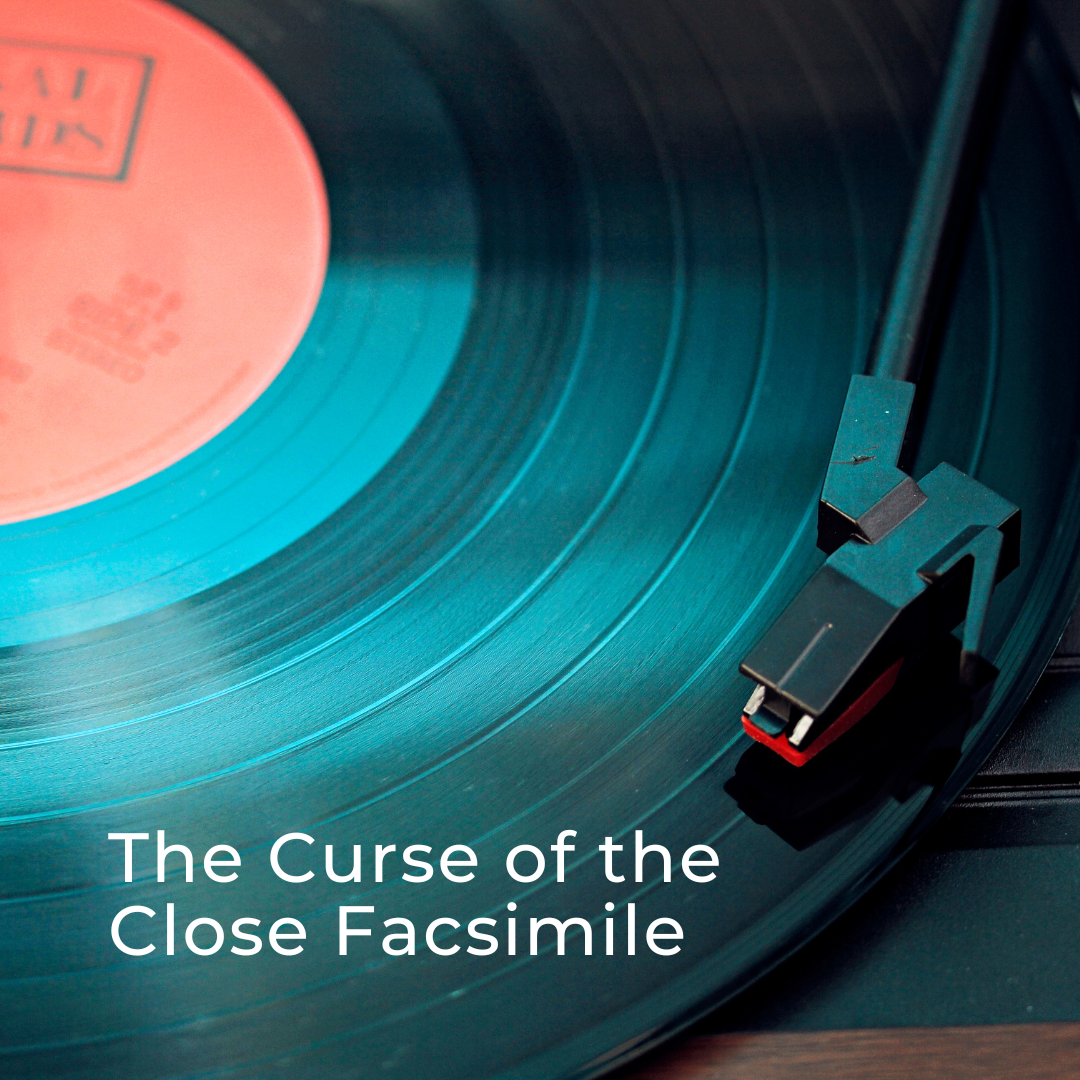
Because of low royalties, we can't reveal the artists.
— Disclaimer (TEJ Records)
I admit their television commercial had the sound and feel of a Ronco kitchen appliance sales pitch, but this company—TEJ Records—was offering something more—a double album chock-full of terrific early 1970's billboard hits including "Bennie and the Jets," "Band on the Run," "Don't You Worry 'Bout a Thing," as well as "many, many more" per their persuasive spokesperson.
At the time, a 45 rpm vinyl single set a nine-year-old kid like me back about a dollar at K-Mart, but now these remarkably generous TEJ folks were offering me a compilation of two dozen catchy pop songs for only $6.99 total. On one hand, it seemed like a "can't miss" proposition. On the other, I had a more-than-fleeting suspicion that this might all be too good to be true. After weighing the matter closely though, I tamped down my concerns and despite my misgivings, sent my money off to a P.O. Box located somewhere in Michigan.
After a few weeks had passed, sure enough the post office delivered a large double-album-shaped envelope marked "TEJ Records—Do Not Bend," and with great excitement, I retreated to my room. Careful not to bend, I began to tear open the big envelope as little by little, more and more of the distinctive orange and brown-striped album cover I'd seen on TV just a few weeks before revealed itself. I then delicately removed the first vinyl record from the sleeve, and holding it by the edges, I settled it softly on the turntable of my little Panasonic record player, preparing to enjoy the chart-topping voices of Elton John, Paul McCartney, Stevie Wonder, and "many, many more."
The opening piano chords of "Bennie and the Jets" sounded okay. But then Elton John started singing, and I quickly detected something was off. It didn't sound like the real Elton John. There was something wrong with his pipes. Whoever was singing about Bennie and the Jets on this record was hitting the right notes, but there was something crucial missing. The voice lacked the same brand of distinctive energy, charm, and charisma I'd associated with the flashy bespectacled singer I listened to regularly on the radio. I remember experiencing a sinking feeling as I realized, that's not Elton John singing at all. I lifted the needle and tried "Band on the Run." Same thing. Not Paul McCartney. I picked up the needle again and set it down on the Stevie Wonder track, but there was no wonder in Stevie's voice either.
I tried to listen to the record again, but a peculiar mixture of disappointment and outrage bubbled up inside me every time I did. I attempted to will myself to enjoy these counterfeit versions of the songs—to convince myself I'd not been ripped off by this TEJ Records outfit—but in the end, I could take no pleasure in any of it. The notes, the lyrics, the rhythms, the tempos were all the same as the originals, but none of them delivered anything near the emotional resonance, the soulful satisfaction, or the true joy of the real thing. Incensed that I'd willingly cooperated in the deception, I complained to my dad. Though sympathetic, he told me I'd learned a good life lesson: "You get what you pay for."
Right there, I vowed to not ever make such an error again, but when I really consider it, I still make this same mistake all the time. I don't mean by falling prey to commercially deceptive trade practices from shady record companies but rather by still willingly accepting mere facsimiles of what's real. I trade real connections for virtual ones. Instead of receiving the full power of an experience available to me if I were to give my undivided attention to it, I give something less to it, choosing to offer some of my attention simultaneously to a screen. And, yes, while considerable inefficiencies are paid out in energy and time when we take the trouble of attending a meeting or an event in person rather than through some close facsimile of it online, just as my dad said—you get what you pay for. If you want the real thing, there's almost always a cost to it. But the payoffs include intangible things of great value—the emotional resonance of awarding your full attention to another person, the soulful satisfaction of being physically present to a community, the feeling of true joy and earned success of doing something the hard way rather than an easier way—as well as many, many more.
God — Don't let me forget you get what you pay for. Amen.
— Greg Funderburk





